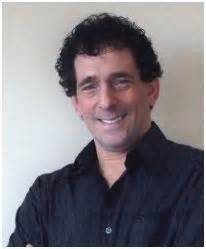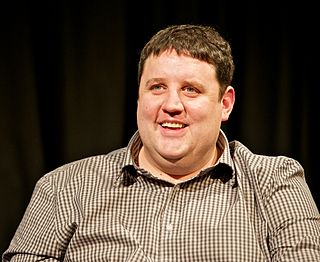A Quote by Jeffrey K. Zeig
Milton Erickson was a master at using experiential techniques to elicit strengths that were previously dormant. Mills and Crowley have masterfully captured essential elements of Erickson's work and applied it to therapy with children. Easy to read, meticulously referenced, and filled with inspiring case studies, Therapeutic Metaphors for Children and the Child Within has now been updated with important new findings, and it's essential reading for clinicians who work with children as well as for those who want to improve their use of therapeutic metaphor.
Quote Topics
Applied
Been
Captured
Case
Case Studies
Child
Children
Clinicians
Dormant
Easy
Elements
Elicit
Essential
Filled
Findings
Important
Improve
Inspiring
Master
Metaphor
Metaphors
Mills
Milton
New
Now
Read
Reading
Strengths
Studies
Techniques
Therapeutic
Therapy
Those
Updated
Use
Using
Want
Well
Were
Within
Work
Related Quotes
The Lily Foundation is an inspiring charity that helps to improve the lives of children with Mitochondrial Disease. I've had first-hand experience of the Foundation's work and I'm proud to raise both awareness and much needed funds to help with the inspiring work they provide to children and their families.
The most important difference between these early American families and our own is that early families constituted economic unitsin which all members, from young children on up, played important productive roles within the household. The prosperity of the whole family depended on how well husband, wife, and children could manage and cultivate the land. Children were essential to this family enterprise from age six or so until their twenties, when they left home.
I like reading books about kids where there weren't really many adults, where they didn't need an adult to come and solve the problems for them. They could use their own ingenuity, use their own talents to solve whatever the issue was. And I like that still. I think that children want to read about heroic children. They don't want to read about children that have to be saved all the time.
Maybe in writing about and through trauma it was therapeutic in a way, but it didn't feel like it at the time. I was in a very dark place, in lots of foreign cities, far from New York. A lot of personal trials and tribulations took over my life in those years. It might be some time before I see what therapeutic function this book did serve. But for now, it's not even easy to read from it.
When I read to children, I try to become the characters. It's great if you can make a separate voice for each character. Sometimes you can lower your voice with excitement or get more intimate about it: you can lean forward and engage the children as a narrator or as a reader. It's particularly important that you find the voice that you want to use for each character, because then children can imagine that person as you're reading aloud. And of course, the illustrations help enormously.
Caring. And reading the Bible, learning about God, Jesus, love. He said, 'Bring on the children', 'Imitate the children', 'Be like the children' and 'Take care of others.' Take care of old people. And we were raised with those values. Those are very important values and my family and I we were raised with those values and they continue strong in us today.
The schoolmaster is the person who takes the children off the parents' hands for a consideration. That is to say, he establishes a child prison, engages a number of employee schoolmasters as turnkeys, and covers up the essential cruelty and unnaturalness of the situation by torturing the children if they do not learn, and calling this process, which is within the capacity of any fool or blackguard, by the sacred name of Teaching.
I know I'm missing something, but those who have children are missing what I get to do. And frankly, I'm probably missing more of what I don't want than what I do. Some may call me selfish or narcissistic, but I don't want to spend my time going to PTA meetings. The only way I could have children and do the work I do is to have a househusband - and I'm not attracted to a househusband. I'd rather affect children with the work I do.
The time-use studies also show that employed women spend as much time as nonworking women in direct interactions with their children. Employed mothers spend as much time as those at home reading to and playing with their young children, although they do not, of course, spend as much time simply in the same room or house with the children.






































